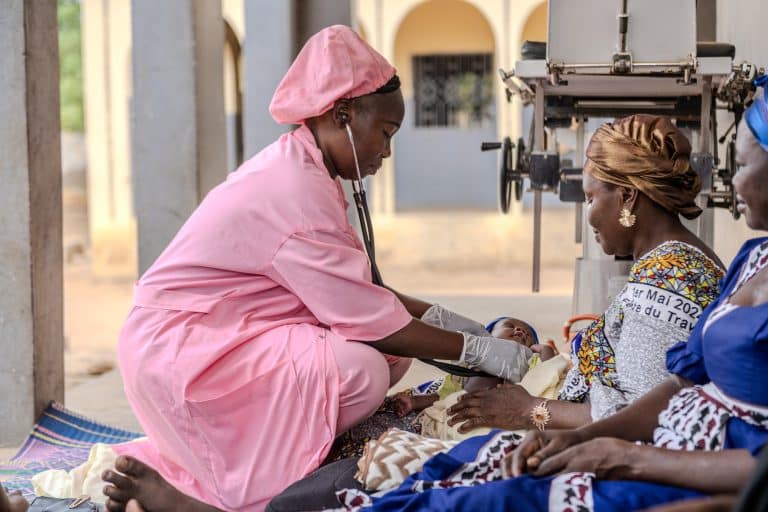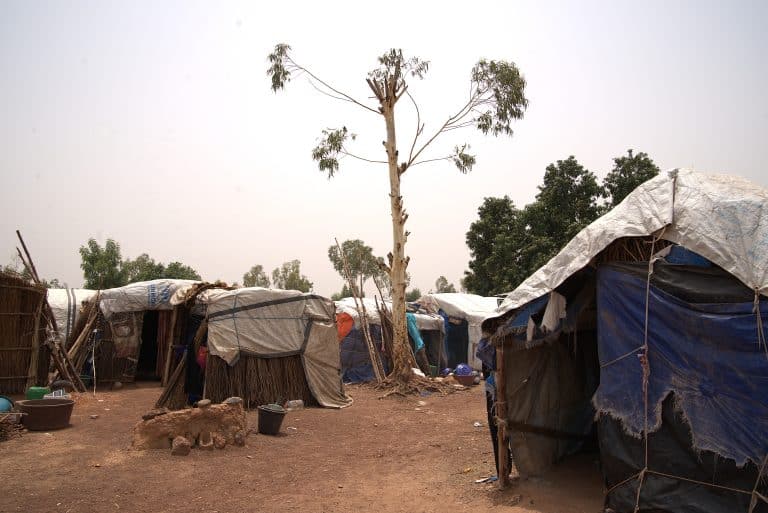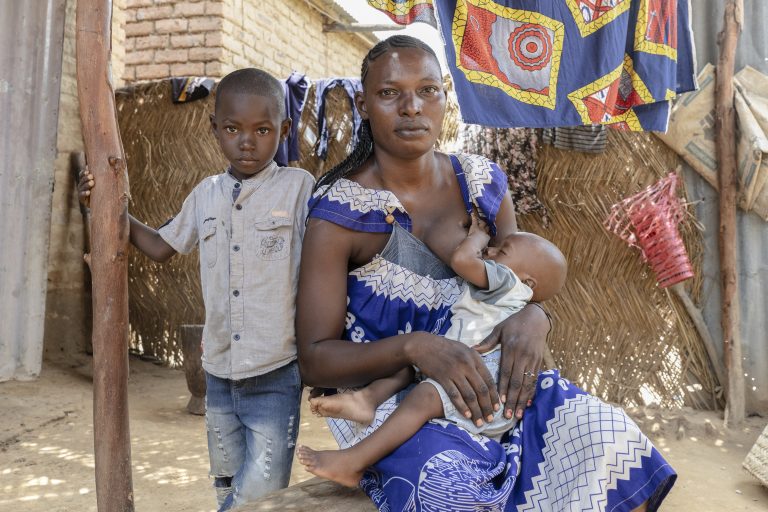Since the outbreak of conflict in April 2023, Sudan has been experiencing one of the world’s largest displacement and hunger crises. Nearly 13 million people have been forced from their homes, and over 30 million now rely on humanitarian aid. Famine is ravaging North Darfur.
Following a sharp escalation of violence in El Fasher, the capital of North Darfur, in April 2025, hundreds of thousands of men and women have been fleeing to the small town of Tawila, desperate for safety and food. Already struggling with limited resources, Tawila has been overwhelmed by the massive influx of displaced families.
Mobile Clinics for Emergency Response
ALIMA was among the first medical NGOs on the ground in Tawila in April 2025, setting up emergency mobile clinics, while also training and supporting local health workers from the Ministry of Health. ALIMA’s mobile clinics provide lifesaving health and nutrition services to both displaced and host communities. These include medical consultations, screening and treatment for malnourished children, antenatal and postnatal care, vaccinations, and health and hygiene education.
Over 28,000 people have received care through these mobile clinics since February 2025. Here are the stories of some of their journeys to Tawila and the hardships they encountered along the way.
Out of Danger, Into Peril
Marwan
“Back in El Fasher, things were very difficult. I used to work in a workshop in the market, but the workshop was destroyed. People are living in extremely harsh conditions. They end up tying their stomachs with their belts just to hold off the hunger. We were barely surviving. It felt like being in an open prison—impossible to escape.
We finally left El Fasher on foot, but soon after we were attacked by bandits who took our food and all our belongings. We continued walking, but after that, we were again dragged off the road by people who beat us up. One hit me hard on the neck. We kept going.
On the road we saw a woman who was dead, I think she died of thirst. There was a baby crying next to her – we carried it with us.
Eventually, we arrived here in Tawila. We were on the road for two days without finding anything to eat, so when we finally got here yesterday, thank God, the people in the village gave us something to drink and a meal. I have pain in my neck and legs, so I came to this health center, and got some painkillers and an injection.”
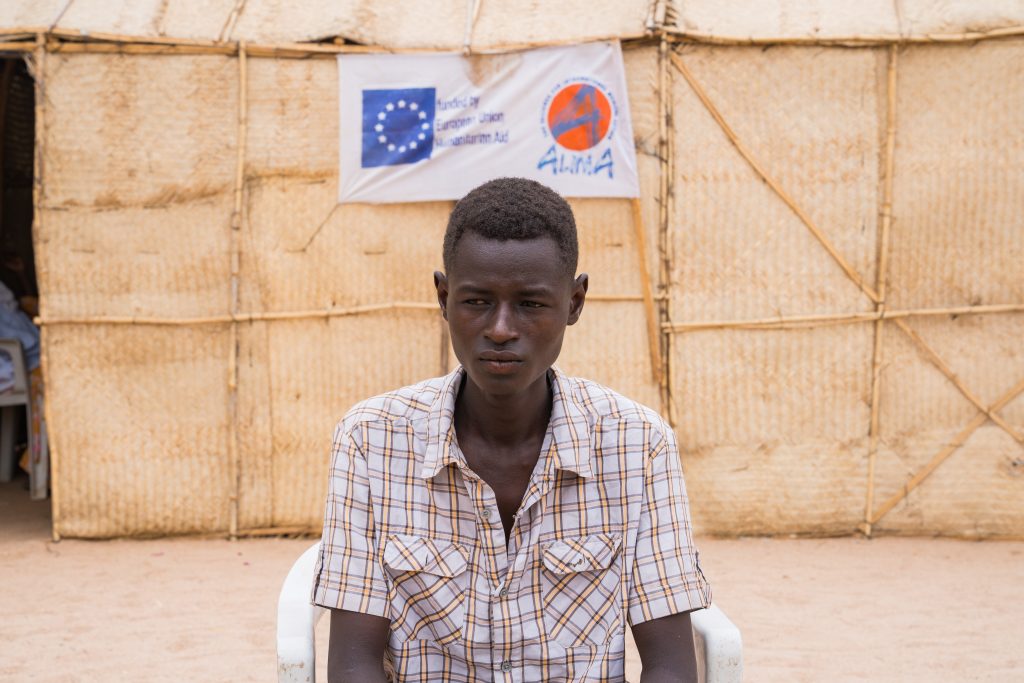
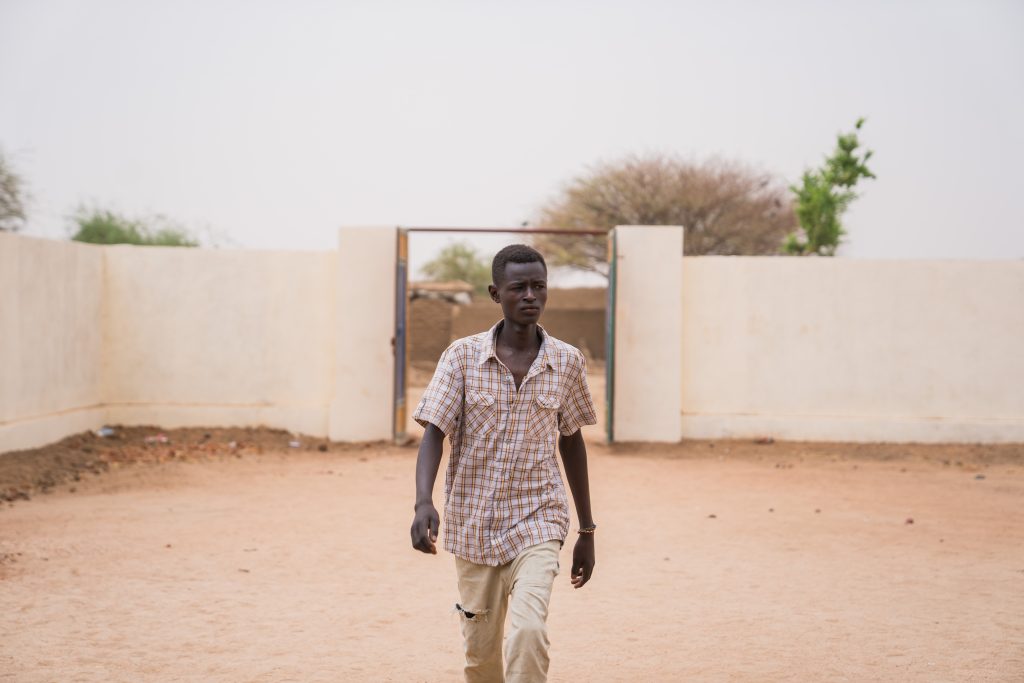
Fatima
“They entered the houses in Zamzam and killed everyone — children, the elderly, and anyone inside. Even those hiding under beds — they pulled them out and killed them. They burned homes. They attacked us — one person fell dead right in front of me. We left the next morning, and walked for two or three days. More people were killed. Children lay dead in the streets. Elderly people were dead. We had only water. We suffered so much. Many got diarrhea and other infections.”
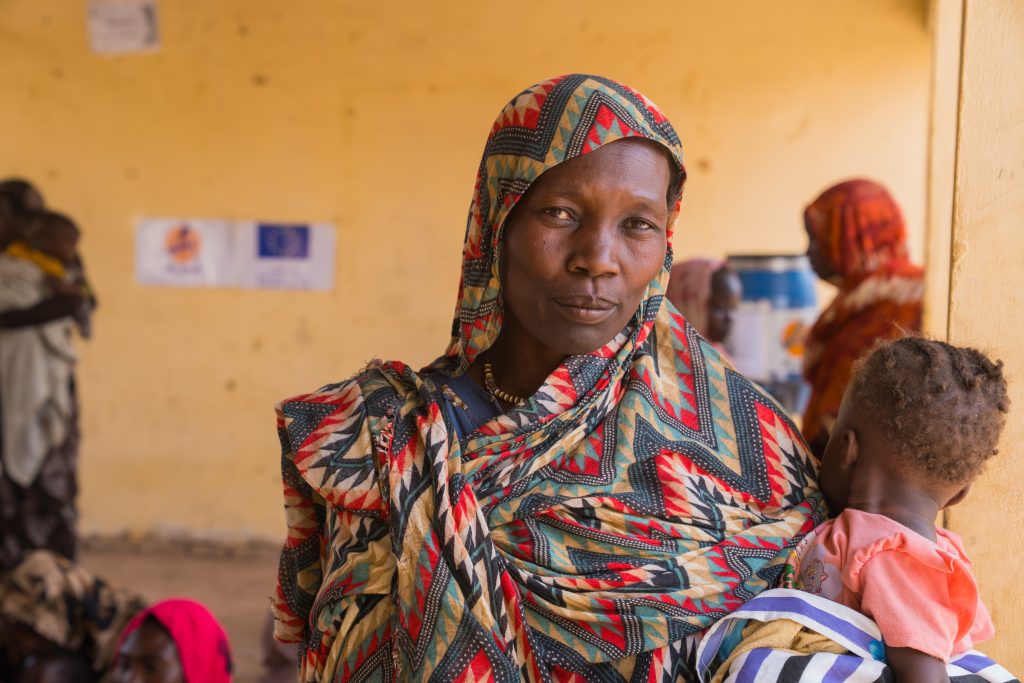
Asma
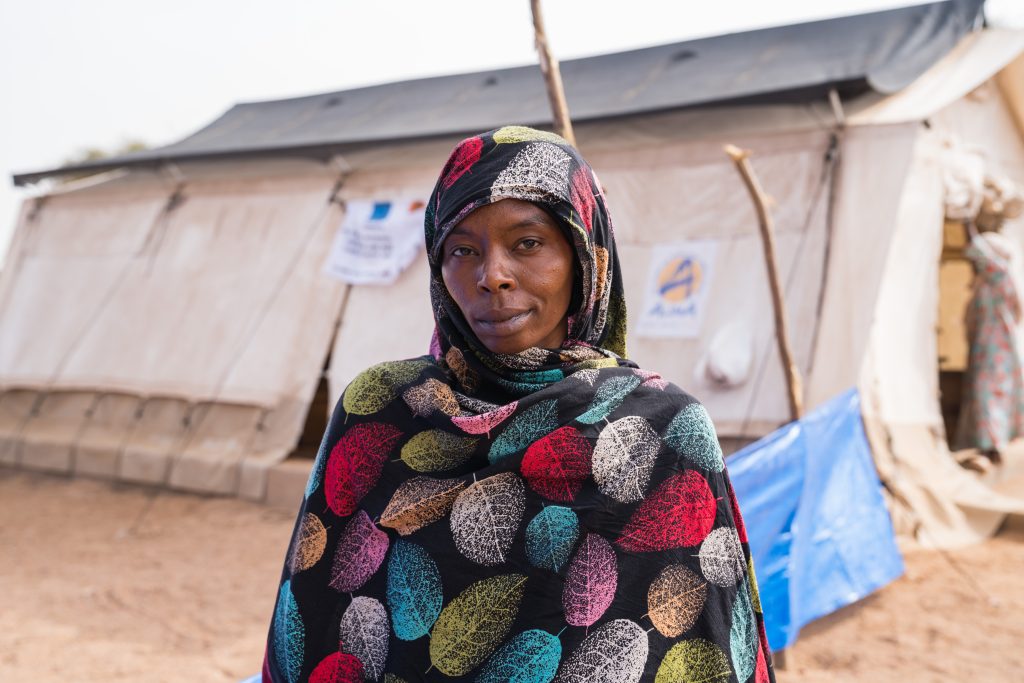
“I had to move many times—first from El Fasher to Al-Shajara camp, then to Zamzam camp, and now to Tawila. What happened in Zamzam was, honestly, extremely hard. You could be walking and find a dead body right beside you—no one to bury them, not even a cloth to cover them.
We left Zamzam on foot at night, thinking it would be easier in the dark. But then we had an accident, and both my mother and I were injured. We spent four more days walking on the road until we finally reached Tawila. Honestly, it was a terrifying and painful experience—something you hope to never go through again.”
From One Crisis to the Next
Hassane
“My leg was broken during the bombing in El Fasher. My older sister is dead. My brother’s children, aged 19 and 12, have also died. I have five children. One of them has died. Life in El Fasher is no longer possible.
I had to walk with my injured leg for 70 km from El Fasher to here because there was no transport. Now I live in Tawila, where it’s safer. I came here looking for a doctor to fix my leg, but there are no specialists here in Tawila who can help me.”
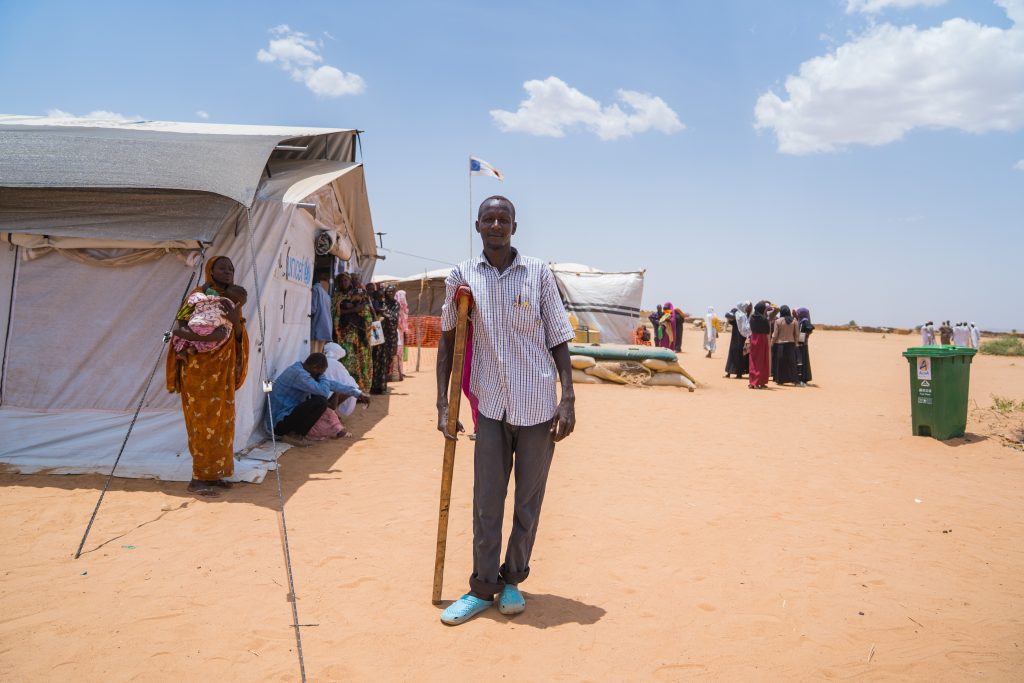
Afraa
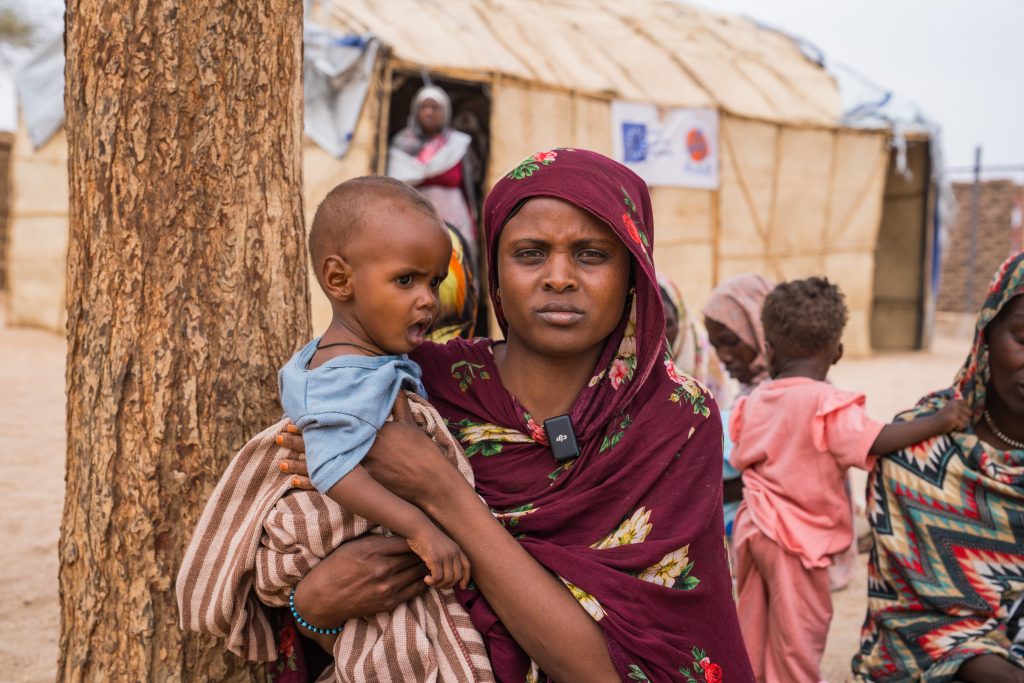
“We were forced to flee, and some of those traveling with us died along the way. Some of our family members were killed, some people died, and we lost loved ones. We were suffering from hunger — my son suffered terribly from hunger and thirst.”
Rania
“We came on foot. We came with nothing. The war and the hunger — that’s what drove us to leave El Fasher.
Honestly, it’s just too much hardship, we’ve lost many people, so many died.
We left at night, on foot – it was two days walking and sleeping on the road. We didn’t encounter anything dangerous — no violence, no ambushes. But honestly, all we felt was tears, hunger, and thirst.
Here my son is sick — and my other son is also sick. One has a fever and stomach cramps. They gave me some medicines — pills… For headaches and stomach pain. If the health center wasn’t here, the situation would deteriorate and become very bad. Thank God at least for this health center.”
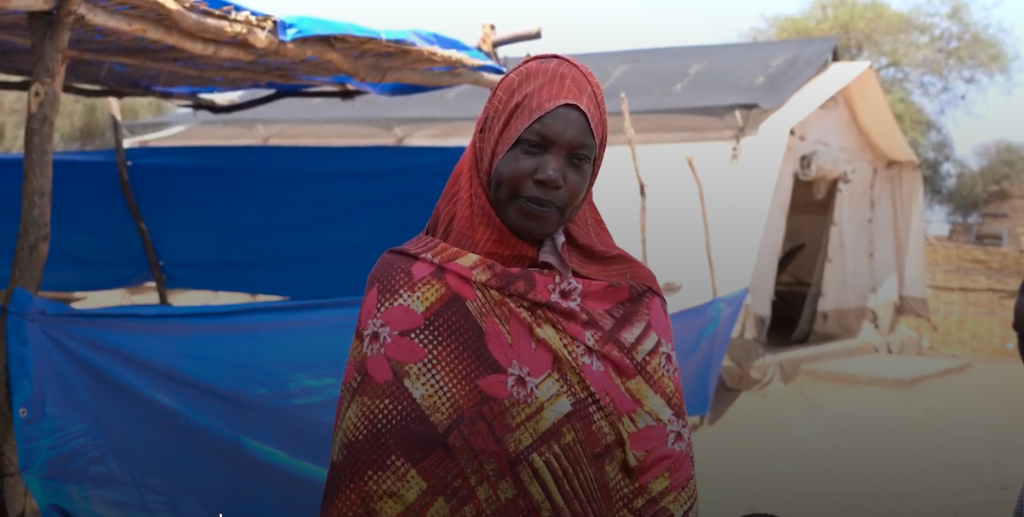
Mashir
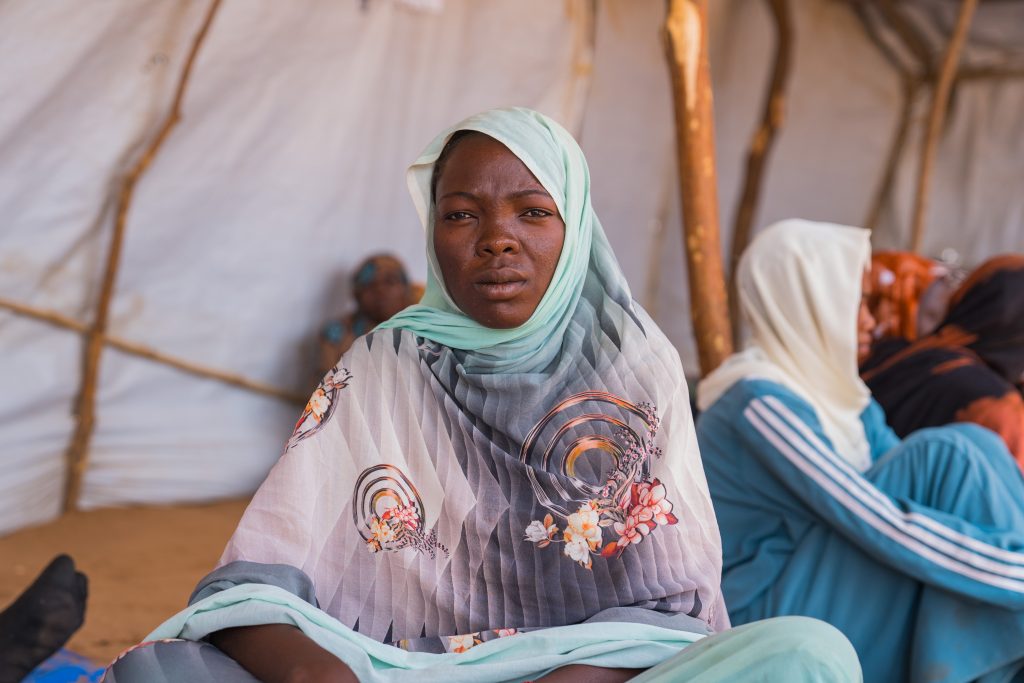
“We left Zamzam, because we were starving in our home — it was just hunger and extreme thirst. It took us two days to arrive here. We suffered a lot on the road. People — our own — had their phones taken… clothes stripped. They left them with nothing, lying in the dirt and heat.
We were starving and thirsty. We passed the night in fear, we were very scared. When we reached Tawila, we were already sick. I came here to get medicine for the children. I’m also sick, the heat causes extreme exhaustion, and I also have pain in my belly.
The child in my belly, since this month, has not been moving. Honestly, it breaks my heart. He wasn’t moving, so I came for checkups. The doctors checked me and gave me some medicine. They told me he’s okay now, but very weak.”
Hamed, originally from Tawila, was forced to flee his hometown in 2003 during attacks on the area at the height of the Darfur war. Since then, he had been living in Abu Shouk camp in El Fasher. But this year, his life was uprooted once again—now, he has returned to Tawila in search of safety.
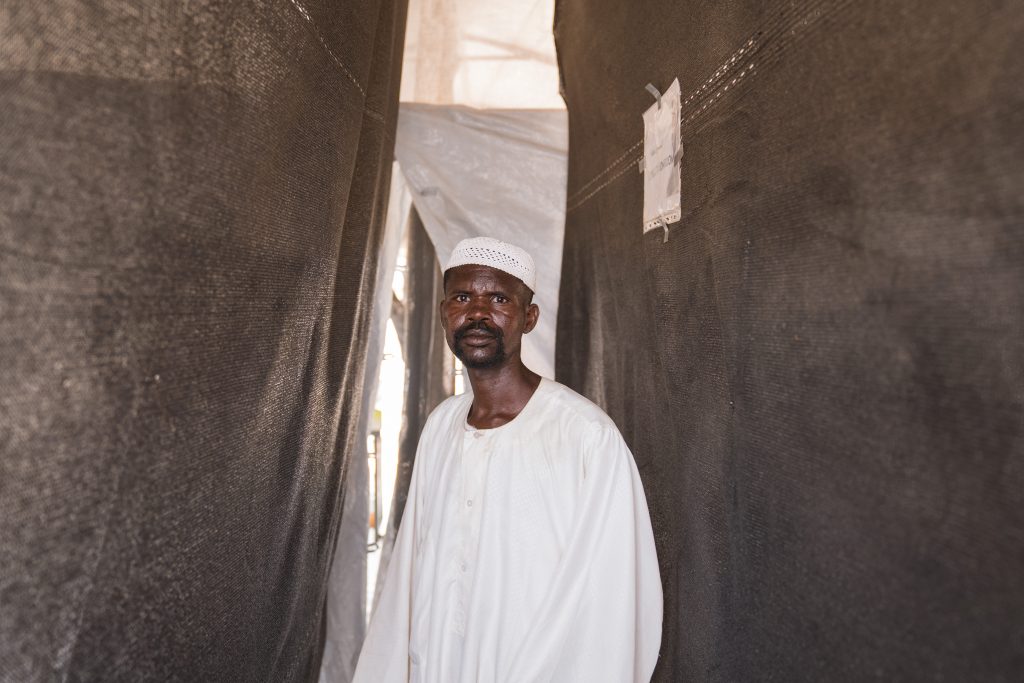
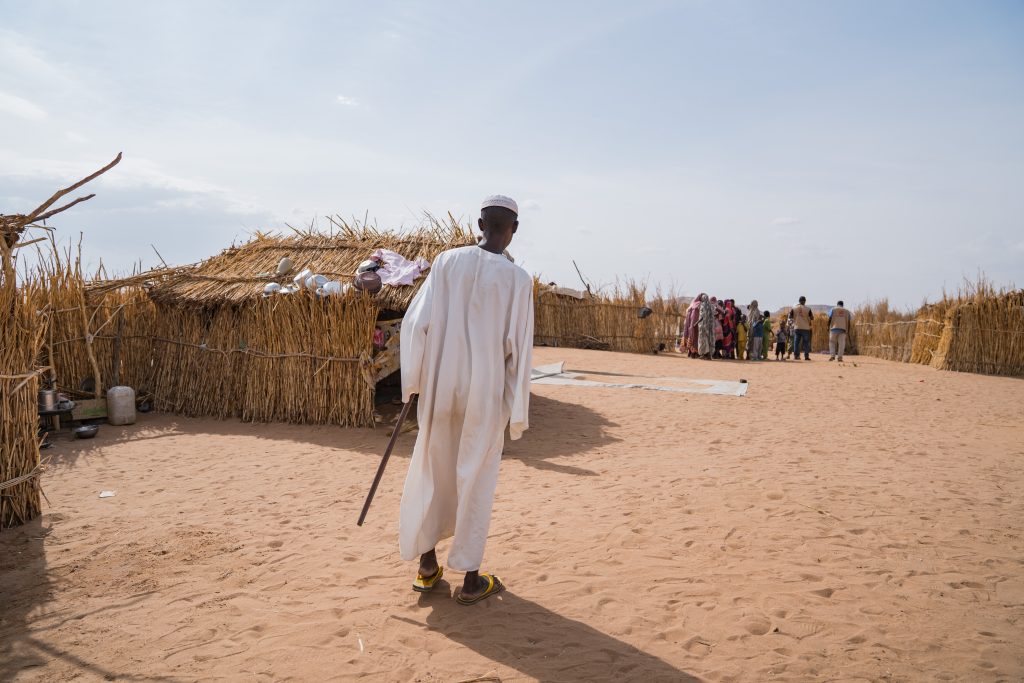
“In El Fasher, life was hard. The roads were all blocked. Prices were unaffordable, and the markets didn’t have the essentials. It was very difficult.
You tried to leave your home to get something to eat or bring water from the well for your kids. But the shelling wouldn’t let you—you were always forced to hide in trenches. As soon as you heard a sound, you ran and hid. I was hit by one of those shells. I managed to get surgery for my arm after five days, and then recover at home, but medicine supplies were low, and there was not enough food in El Fasher, so we had to leave.
We left with what little we could bring with us, but on the road our belongings were looted, including my bag of medications. I now come to this health center regularly to get my wound dressed and my medicines.”
Where Healing Begins
Voices like Rania, Hassane, Mashir, and Hamed reveal the deep toll of Sudan’s conflict — loss, displacement, hunger, and the urgent need for care. For many, ALIMA’s mobile clinics have been a lifeline, offering vital medical support and a measure of hope. As needs grow, continued support is critical to help families survive and begin to heal.
ALIMA’s activities in Tawila have been supported by humanitarian funding from the European Union.


